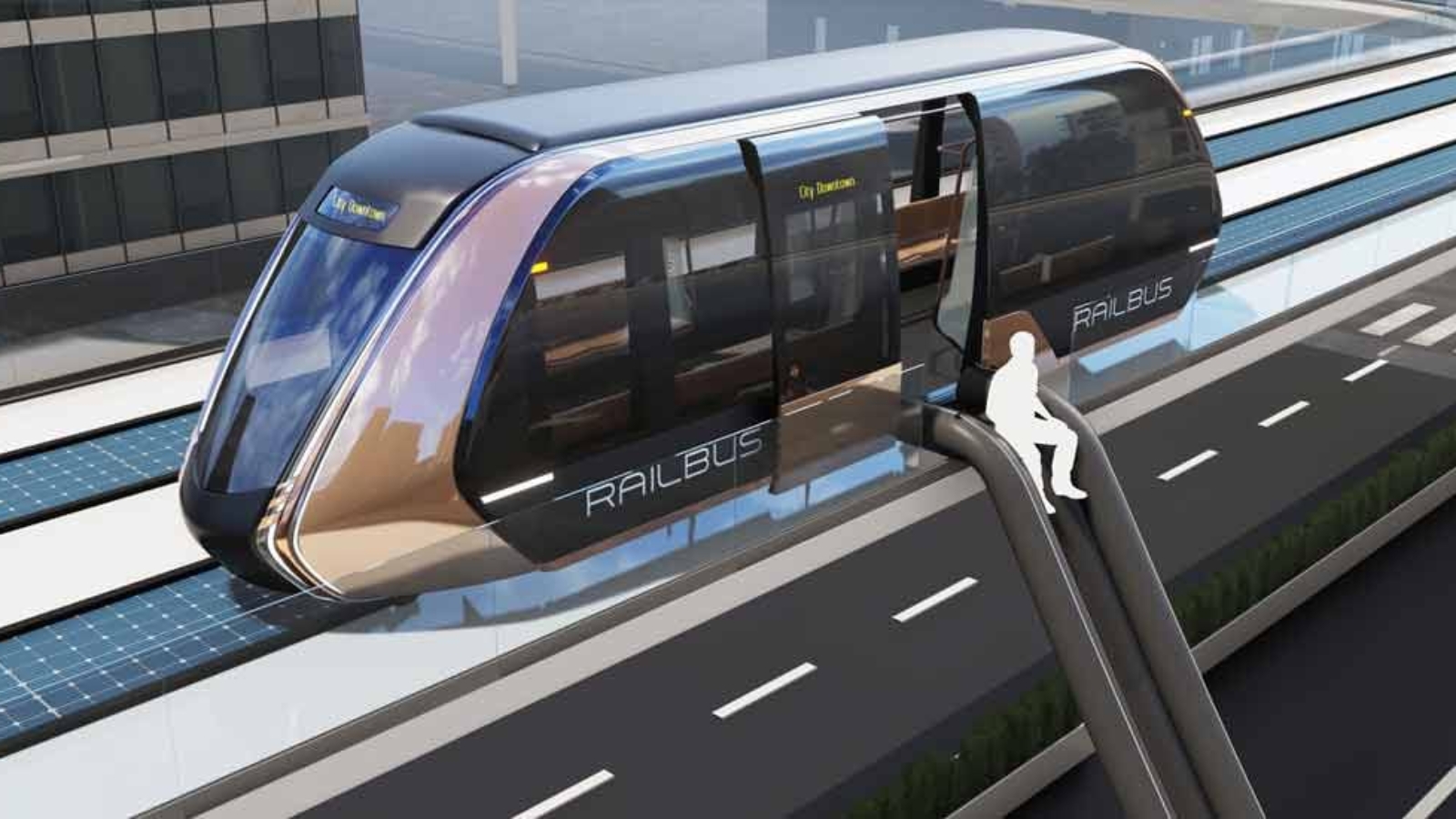WEST AFRICA
Journalist: Kazeem Balogun
In the wake of the 2010 FIFA World Cup finals, where the host was initally awarded to Nigeria, the concept of a railway connecting the entire ECOWAS (Economic Community of West African States) region was first proposed by Mr. Segun Odegbami, a former Nigerian International footballer.
His vision stemmed from the idea of utilizing the infrastructure to host matches in multiple venues across the sub-region, leveraging the international event to spur development and connectivity within the ECOWAS region. However, despite the initial enthusiasm, the project failed to materialize, due to the fact that Nigerian government eventually gave South Africa the hosting right, depriving Nigeria such a great opportunity to host the world cup through which the sub-region would have benefitted greatly.
Fast forward to today, the emergence of Railbus initiative presents a renewed opportunity to realize Odegbami’s vision. Railbus, a hybrid of railway and bus transportation systems, it offers a flexible and cost-effective solution to the challenges facing African commuters. With its ability to navigate diverse terrains and connect remote communities, the Railbus holds immense potential for enhancing regional connectivity and fostering holistic development.
In my own personal capacity as a travel journalist, l have been to many Africans countries, still counting, it would have been more interesting and seamless if l do this with a modern rail system like Railbus.
I had a terrible experience transversing from Conakry to Cote D’Ivoire border, covering more than 2000 kilometres. My initial thought was to just walk over it, but alas l almost regretted my action. With a Railbus in such a place, the journey would have been seamless, time saving and memorable.
Currently, my movements are limited because of bad road network in some countries and also some difficulties attached to air travelling such as high cost and bad weather among other huge challenges.
I have the great feeling that if we as a people within the sub-region and the continent at large leverage on the existing infrastructure and adopt the modern transportation needs, the Railbus initiative will effectively address the pressing issues of accessibility and mobility within the West African sub-region.
Furthermore, it can serve as a catalyst for economic growth, facilitating trade, tourism, and cultural exchange among member states of ECOWAS which has always been the top- most priority of the stakeholders.
Through strategic partnerships and collaborative efforts between governments, private sector stakeholders, and international organizations, the Railbus project can be realized, and through that the region can start to unlocking new opportunities for sustainable development and prosperity and by extensiin Africa.
I am optimistic that this initiative will for certain reduce travel time and costs which are of concern to me as a travel journalist and it will promote social inclusion and environmental sustainability.
The Railbus has the capacity to transform the transportation landscape and improve the quality of life for millions of people across the region and Africa if we can all engage our governments to demand for a modern system in order to solving our travel challenges.
As a matter of fact, l would want the Nigeria government to consider converting the ongoing Coastal Road project to Railbus initiative which would be more acceptable, cost effective and safe a whole lot of lands acquisition but would support both environmental and climatic positive agendas.



